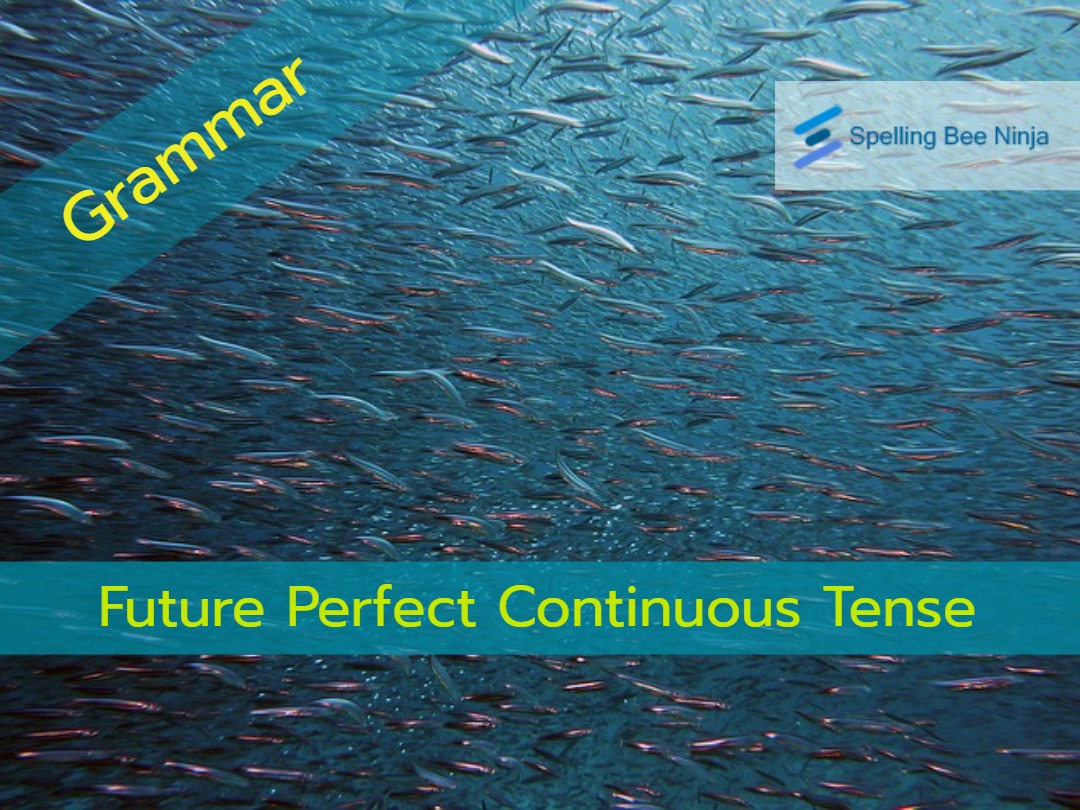The Future Perfect Continuous tense is an advanced yet essential grammatical structure in English. It is used to describe actions that will have been ongoing for a period of time before a specific point in the future. This tense helps speakers emphasize the duration of an activity, making it ideal for discussing ongoing efforts, achievements, or events.
This article will break down the structure, uses, and examples of the Future Perfect Continuous tense, along with practical tips to help you master its application.
What Is the Future Perfect Continuous Tense?
The Future Perfect Continuous tense focuses on the duration of an action or event that will have been happening up to a particular time in the future. It often answers the question, “How long will something have been happening?”
For example:
– By next year, she will have been teaching for 10 years.
– They will have been working on the project for six months by the time it’s completed.
The emphasis on duration makes this tense particularly useful for discussing long-term plans, ongoing commitments, or processes.
Structure of the Future Perfect Continuous Tense
The Future Perfect Continuous tense has a clear and systematic structure:
Subject + will + have + been + verb (base form) + –ing
Affirmative Form
– I will have been studying for two hours by the time you arrive.
– She will have been living in Paris for five years by next summer.
Negative Form
To create negative sentences, add not after will . The contracted form is won’t .
– I will not (won’t) have been studying for two hours by the time you arrive.
– She will not (won’t) have been living in Paris for five years by next summer.
Interrogative Form
To form questions, start with will , followed by the subject, then have been + verb (base form) + –ing .
– Will you have been working here for a year by the end of the month?
– Will they have been studying English for five years by the time they graduate?
Uses of the Future Perfect Continuous Tense
1. Describing Actions with Emphasis on Duration
This tense highlights the length of time an action will have been ongoing before a specific future point.
Examples:
– By 8 PM, I will have been cooking for two hours.
– He will have been working on this project for three months by the deadline.
2. Talking About Continuous Processes in the Future
The tense is used to describe processes or activities that continue up to a future moment.
Examples:
– They will have been running the business successfully for a decade by 2025.
– We will have been training the new employees for several weeks by the time the project begins.
3. Expressing Assumptions About the Future
It can also be used to express assumptions about what someone might have been doing up to a certain point in the future.
Examples:
– He will have been working hard all day; that’s why he’ll be tired.
– They will have been traveling for hours by the time they arrive.
Time Markers in the Future Perfect Continuous Tense
Time markers are essential for providing context in Future Perfect Continuous sentences. Common time markers include:
– By + specific time/date : By 10 PM, she will have been writing for four hours.
– For + duration : He will have been studying for three years by the time he graduates.
– By the time + event : By the time you arrive, they will have been rehearsing for two hours.
Practical Tips for Using the Future Perfect Continuous Tense
1. Practice Past and Present Perfect Continuous Tenses First
Understanding related tenses like the Past Perfect Continuous and Present Perfect Continuous will make it easier to grasp this advanced tense.
2. Use Visual Timelines
When practicing, create a timeline to visualize the duration of the action and the point in the future when it will have been completed.
3. Focus on Time Markers
Incorporate phrases like “by next week” or “for five years” to make sentences clearer and more meaningful.
4. Combine It with Future Planning
Practice using this tense in discussions about goals, long-term commitments, or ongoing projects to internalize its use.
Common Mistakes to Avoid
1. Omitting ‘Have’ or ‘Been’
Incorrect: I will been studying for hours.
Correct: I will have been studying for hours.
2. Using It Without a Time Marker
Incorrect: She will have been working.
Correct: She will have been working for five years by next March.
3. Confusing It with the Future Perfect Tense
The Future Perfect emphasizes completion, while the Future Perfect Continuous focuses on duration.
– Future Perfect: She will have finished the book by tomorrow.
– Future Perfect Continuous: She will have been reading the book for hours by tomorrow.
Examples of Future Perfect Continuous in Context
Everyday Life
– By the time you get home, I will have been cleaning the house for two hours.
– He will have been waiting at the station for 30 minutes by the time the train arrives.
Work and Education
– They will have been developing the software for over a year by the time it’s released.
– By next semester, she will have been teaching at the university for five years.
Long-Term Goals
– By 2030, the company will have been expanding its global presence for two decades.
– He will have been working towards his doctorate for seven years by the time he defends his thesis.
Exercises for Practice
Try creating sentences based on these prompts:
1. What will you have been doing by the end of this month?
2. Describe an activity you will have been engaged in for a long time by the end of the year.
Conclusion
The Future Perfect Continuous tense is a vital aspect of English grammar that allows speakers to emphasize the duration of actions or events leading up to a specific future time. Although it may seem complex at first, with consistent practice and attention to its structure, it becomes an invaluable tool for expressing time-related ideas with precision.
By using this tense effectively, you can elevate your English fluency and better communicate long-term plans, achievements, and ongoing processes in a professional and polished manner.
- ✈️ The 12 Tenses in the English Language
- ✈️ The Present Simple Tense
- ✈️ Present Continuous Tense in English
- ✈️ Understanding the Present Perfect Tense in English
- ✈️ Understanding the Present Perfect Continuous Tense
- ✈️ Understanding the Past Simple Tense in English
- ✈️ The Past Continuous Tense: A Comprehensive Guide
- ✈️ The Past Perfect Tense in English: A Comprehensive Guide
- ✈️ Understanding the Past Perfect Continuous Tense
- ✈️ Future Simple Tense: A Comprehensive Guide
- ✈️ Future Continuous Tense: A Comprehensive Guide
- ✈️ Understanding the Future Perfect Tense
- ✈️ Future Perfect Continuous Tense


